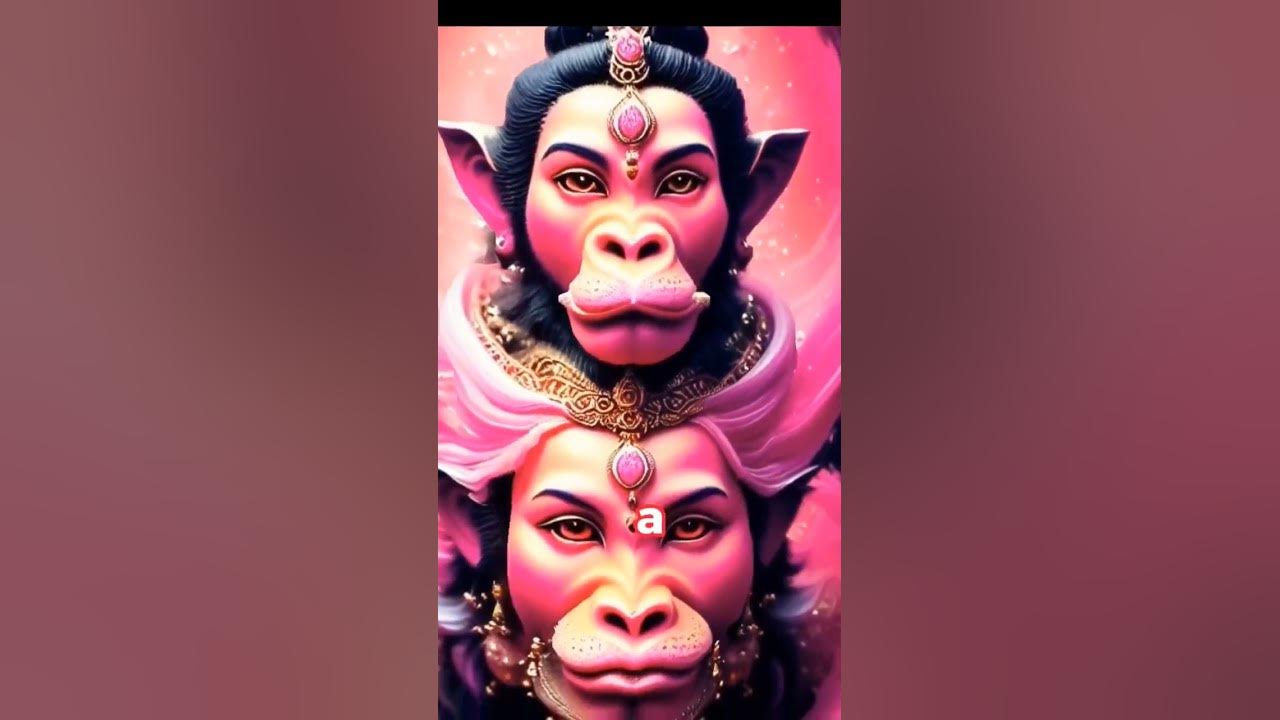Hinduism is a diverse and ancient religion that has been around for over 5,000 years. Despite its popularity, there are several lesser-known facts about Hinduism that are often overlooked. These include the lack of a single founder or holy book, the worship of over 330 million deities, the origins of the concepts of karma and reincarnation, the essential role of women in religious practices, the celebration of various festivals, the influence of Hinduism on other religions, the belief in the sacredness of cows, the importance of unity and diversity, and the value of personal experience over dogma. These facts demonstrate the uniqueness and beauty of Hinduism and its impact on Indian culture and beyond.
10 Facts About Hinduism You Never Knew
Hinduism is one of the oldest religions in the world, with origins tracing back to over 5,000 years ago. Despite its popularity, there are still several lesser-known facts about Hinduism that may surprise you. Here are ten facts about Hinduism that you probably never knew before:
1. Hinduism does not have one single book or founder
Unlike most religions that have a single holy book, Hinduism doesn’t have one. Instead, it has numerous religious texts, including the Vedas, Upanishads, Bhagavad Gita, and many other sacred texts. Hinduism also doesn’t have one particular founder, but instead has evolved over time through different teachers, holy men, and gurus.
2. There are over 330 million Hindu deities
While there are several main gods and goddesses in Hinduism, there is actually an estimated 330 million deities worshipped by Hindu followers. This is because Hinduism is a polytheistic religion that honors various gods and goddesses, each symbolizing a particular aspect of life, nature, and the universe.
3. The concept of karma and reincarnation originated in Hinduism
The idea of reincarnation, the belief that the soul is reborn in a new body after death, originated in Hinduism. This concept intertwines with karma, the belief that every action has consequences, which determine your future circumstances and rebirth. These ideas have shaped the way people in India understand life, death, and the cycle of existence.
4. Hinduism acknowledges the role of women in religious practices
Contrary to popular belief, Hinduism recognizes the essential role of women in various religious practices. Women have equal rights to perform religious ceremonies and chant mantras, and there are several goddesses in Hinduism, such as Durga, Kali, and Saraswati, who symbolize divine feminine energy.
5. Hinduism celebrates several festivals throughout the year
Hinduism has several important festivals that are celebrated throughout the year. Some of the most popular festivals include Holi, Diwali, Navratri, and Raksha Bandhan. These festivals celebrate different gods, goddesses, and life milestones, bringing people together and creating a sense of community among followers.
6. Yoga originated in Hinduism
Yoga is an ancient practice that originated in India over 5,000 years ago and is deeply rooted in Hinduism. It is a spiritual and physical practice that emphasizes meditative practices and movements to connect the body and mind to the soul. Yoga has evolved over time and is now practiced worldwide, often detached from its original religious context.
7. Hinduism influenced other religions
Hinduism has had a significant impact on other religions, particularly Buddhism, Jainism, and Sikhism. These religions share many philosophical and spiritual beliefs with Hinduism, such as karma, dharma, and reincarnation, and have adopted some of its practices and customs.
8. Cow is considered a sacred animal in Hinduism
Cows are regarded as sacred animals in Hinduism and worshipped by many Hindus. They symbolize motherly love, selflessness, and the divine nature of creation. Cow slaughter is prohibited in several Indian states to protect these beloved animals.
9. Hinduism believes in both unity and diversity
While Hinduism is a diverse religion with different traditions and beliefs, it also emphasizes unity and the belief that all creation is one. It teaches that all humans, animals, and even the earth are made of the same five elements and interconnected with one another.
10. Hinduism values personal experience over dogma
Hinduism values personal experience and individual perceptions over rigid dogmas and doctrines. It recognizes that spirituality is a personal journey and that there are several paths to reach the ultimate truth. Hence, it encourages seekers to experience spirituality through personal experiences, self-discovery, and introspection.
Conclusion
Hinduism is a fascinating religion with a rich history and unique beliefs and practices. These ten facts about Hinduism only scratch the surface of this beautiful religion, and there is still much more to learn and discover about its vastness and depth. Hinduism has influenced many aspects of Indian culture, from art and music to food and traditions, and continues to shape the way people in India and beyond view life, death, and the universe.
